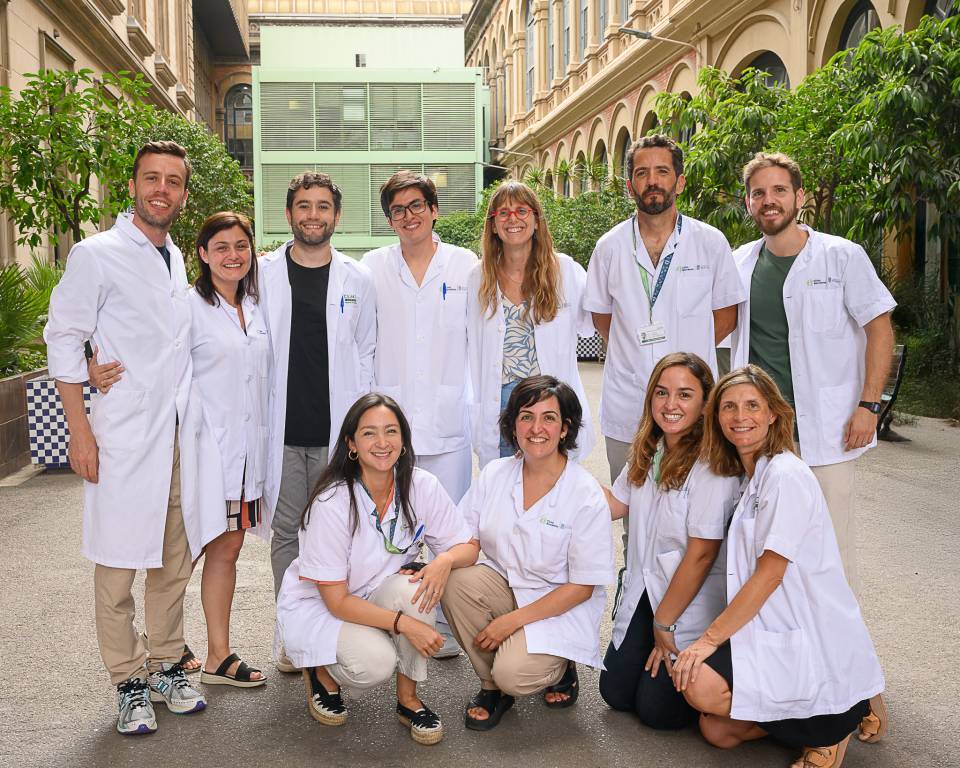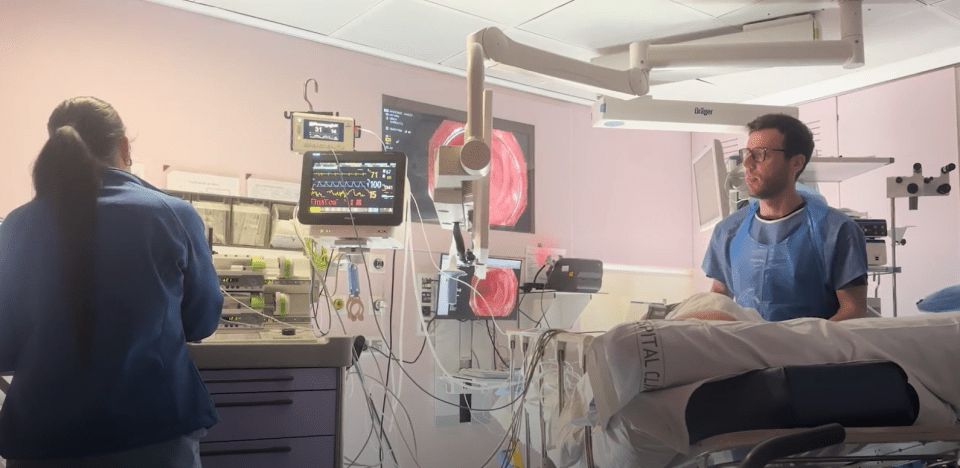The Clínic's Institute of Digestive and Metabolic Diseases
The ICMDM works to offer quality assistance that is decisive, efficient and focused on the person with a digestive or metabolic disease. It also contributes to the development of knowledge, thanks to research and innovation, as well as to the training, qualification and improvement of current and future professionals through teaching. Fluent, empathetic and transparent communication through confidentiality and respect for patients are fundamental values of the ICMDM.
The Institute is made up of five services, which work in a coordinated manner, and also leads four units focused on the care process for relevant healthcare diseases. The wide range of diseases it addresses means that the Institute's activity takes place in various places, such as operating theatres, diagnostic and interventional service areas, conventional hospitalization or intensive care rooms, ambulatory care areas or day hospitals. The Institute also works in close collaboration with primary care.
We put the best of ourselves at your service.
What are we dealing with?
These are the main health topics covered at the ICMDM.
Last year in numbers
Organization
Research
Teaching and Training
Team of professionals
In order to treat people with digestive and metabolic diseases, more than 350 professionals from different disciplines work at the Clinical Institute of Digestive and Metabolic Diseases: medical staff, nurses, dieticians, physiotherapists, nursing assistants, healthcare assistants, and social and administrative staff.
Each of the five Services, five Sections and four Units of the Institute has its corresponding head. At the same time, the ICMDM has a research, teaching, quality and innovation coordinator. Each of the care services also has a coordinator. Excellence in care and treatment in the different areas is possible thanks to the commitment of the entire team of professionals.
Assistive Devices
The healthcare activity of the ICMDM is carried out in the following organizations:
Testimonials
Colon and Rectal Cancer in the first person
I would send a message of optimism to a person who has just been diagnosed with colon cancer. According to my experience, the percentage of those overcoming the disease with an early diagnosis is very high.
Hypercholesterolemia in the first person
Cholesterol is a silent disease. In other words, it doesn't give you any symptoms until it has developed. So, what can we do to prevent it? In general, to stop smoking, stop drinking and do everything that people say will make a healthy life.
Credits and Acknowledgements
-
Collaborative center for obesity management. . This link opens in a new tab.
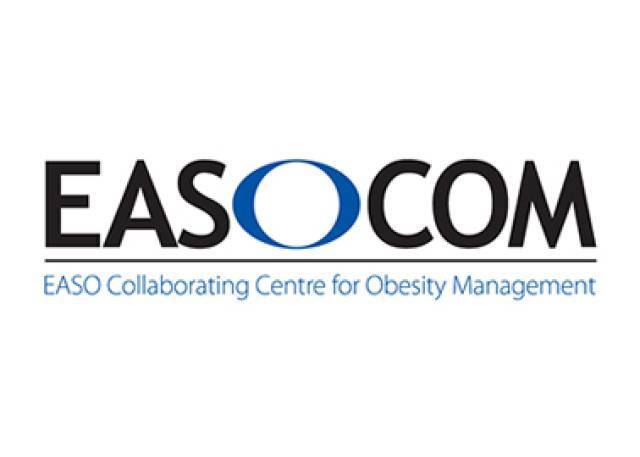
The European Association for the Study of Obesity (EASO) is a federation of professional associations from 36 European countries.
-
AENOR ISO 9001 certificate
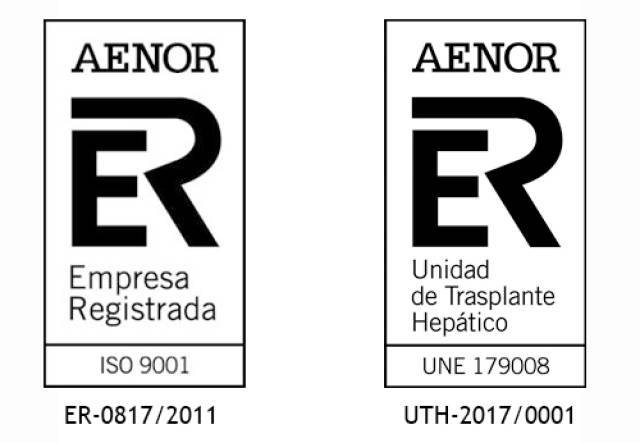
The Liver Transplant Program has the Quality Management System certification following the ISO 9001 Standard and the UNE 179008 Standard for Quality Management Systems for Liver Transplant Units.
-
International Diabetes Federation - Center of Excellence in Diabetes Care
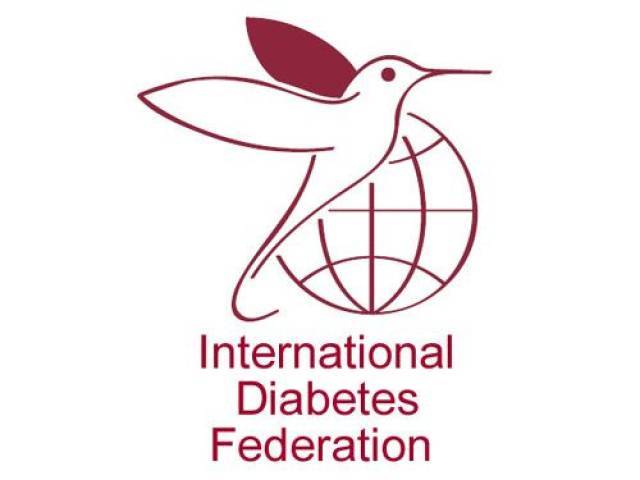
Center of excellence in the treatment of diabetes of the international network of institutions that provide high-level education for healthcare professionals related to diabetes.

